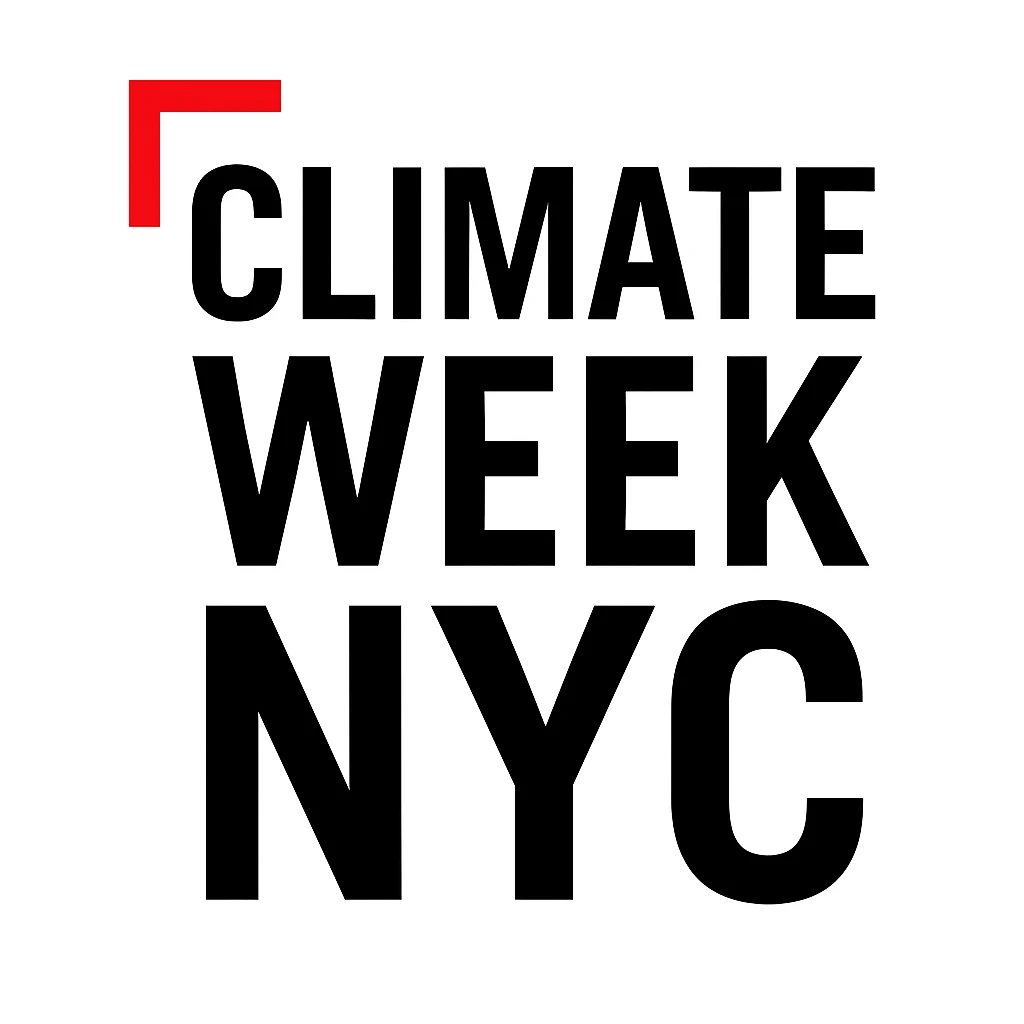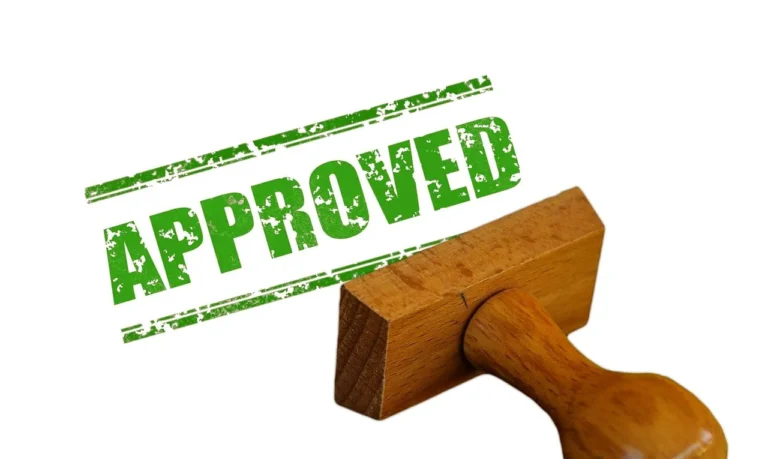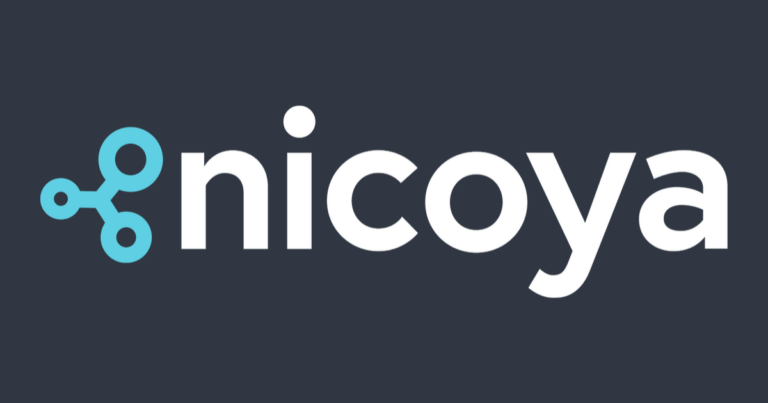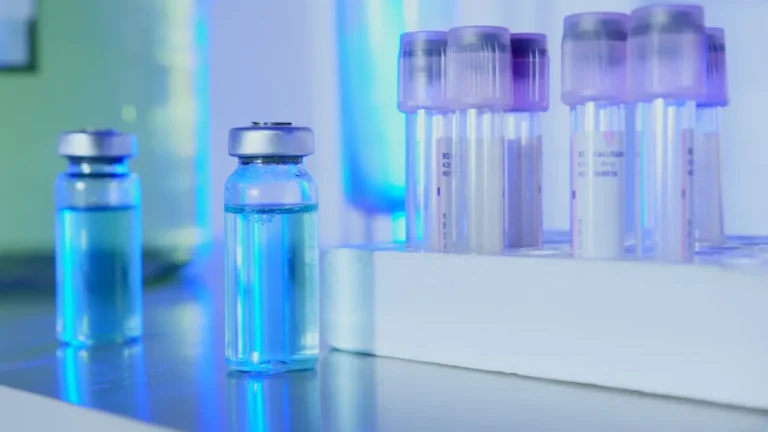At Climate Week NYC, AltaSea at the Port of Los Angeles unveiled significant first-year achievements of its Deep Blue Decade Initiative (DBDI), highlighting new partnerships across Jordan, Indonesia, Tanzania, and Tonga. Launched as a pioneering global effort, DBDI aims to accelerate ocean-based solutions from research to commercialization, while ensuring workforce development and economic opportunities for coastal communities worldwide.
Situated on a 35-acre campus at the Port of Los Angeles, AltaSea functions as a hub where science, business, and education intersect to advance ocean innovation. Recognized as the world’s largest blue economy innovation campus, AltaSea provides cutting-edge facilities for marine research, regenerative aquaculture, renewable energy, and emerging ocean technologies. Beyond its technological focus, AltaSea serves as a bridge for workforce development and community engagement, cultivating the next generation of ocean leaders.
The Deep Blue Decade Initiative seeks to replicate this model globally, creating a network of innovation hubs that drive sustainable ocean solutions while supporting local economies.
“The ocean absorbs more than 90% of excess heat and 30% of CO₂ emissions, yet remains one of the least funded priorities among the UN Sustainable Development Goals,” said Terry Tamminen, President & CEO of AltaSea. “The Deep Blue Decade Initiative is our answer: a global network that derisks innovation, attracts catalytic capital, and delivers resilience at the pace this crisis demands. If we lose the ocean, we lose the planet.”
Year-One Highlights: Building a Global Network
As it enters its second year, DBDI continues to expand its network of hubs, scaling proven ocean solutions across borders and mobilizing blended capital to accelerate impact.
In Indonesia, under the leadership of Minister Nani Hendiarti, sustainable blue economy projects are advancing to protect marine ecosystems while fostering education, workforce development, and community resilience. AltaSea is actively exploring network expansion to Bali, further reinforcing its presence in Southeast Asia.
In Jordan, AltaSea partnered with Ashlan and Philippe Cousteau’s Voyacy Regen to deliver resilience for coastal economies and habitats. Their first innovation hub, launched with the Royal Court of Jordan in June 2025, focuses on coral propagation, 3D-printed reef restoration, and aquaculture pilots. The Aqaba hub is positioned to become a leading center for technology, innovation, and sustainability in the Middle East. AltaSea and Voyacy Regen also aim to implement workforce and community development programs across Aqaba and future innovation hubs globally.
“With Aqaba, we’re demonstrating that technology and collaboration can grow the blue economy while regenerating coral reefs at scale,” said Philippe Cousteau, Co-Founder of Voyacy Regen.
“This is what’s possible when governments, entrepreneurs, and nonprofits align to take bold action for our oceans,” added Ashlan Cousteau.
In Tanzania, led by Lisa Kurbiel, Head of the UN Joint SDG Fund Secretariat, DBDI is advancing innovative financing strategies. These efforts unite governments, philanthropy, and private investors to ensure sustainable and inclusive blue economy growth.
Meanwhile, in Tonga, DBDI, in collaboration with Dr. Lisa Micheli, Strategic Partnerships Lead for AltaSea’s Growing Oceans, is conducting marine science research, including natural analog studies of hydrothermal vents. These studies aim to develop safe, scalable marine carbon dioxide removal (mCDR) solutions that could contribute significantly to global climate mitigation efforts.
Strategic Partnerships to Scale Impact
Beyond country-specific collaborations, AltaSea announced several high-profile partnerships designed to accelerate DBDI’s growth.
- Pegasus Capital Advisors, led by Craig Cogut, signed a Blue Business Development Memorandum of Understanding (MOU) with AltaSea, with UNDP observing. The partnership aims to unlock catalytic capital for ocean-focused projects worldwide.
- The Prince Albert II of Monaco Foundation strengthened its collaboration with AltaSea, reinforcing international efforts in marine conservation and innovation.
- DOER Marine, founded by Sylvia Earle and Liz Taylor, alongside The Honu Project and Braid Theory, joined the initiative to advance marine robotics, conservation technologies, and blue economy ventures.
“The blue economy is projected to double to $3 trillion by 2030, but this growth must be inclusive,” said Jenny Krusoe, EVP/COO of AltaSea. “Through the Deep Blue Decade Initiative, we’re ensuring that young people in places like Aqaba, Zanzibar, and Tonga have equal access to STEM education, training, and entrepreneurship opportunities as those in California or Europe.”
Looking Ahead: Scaling Innovation and Opportunity
With its first year of milestones behind it, DBDI is poised to expand further, creating a global network of innovation hubs that connect research, technology, and capital to deliver measurable environmental and economic impact. By integrating workforce development, community engagement, and cutting-edge ocean science, AltaSea’s initiative aims to redefine what’s possible for the blue economy.
As the world faces unprecedented ocean and climate challenges, the Deep Blue Decade Initiative stands as a model for collaborative, scalable solutions. By linking coastal communities, governments, entrepreneurs, and investors, DBDI is not only regenerating marine ecosystems but also cultivating a sustainable future where economic growth and environmental stewardship go hand in hand.
“The next decade is critical,” Tamminen emphasized. “Our ocean solutions must be fast, bold, and global. DBDI is the framework to make that a reality.”



